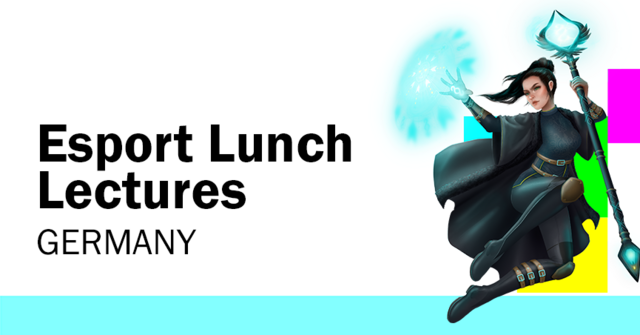Find out today what the legal world will be talking about tomorrow.

Fan fiction – a topic that not only takes place on special websites on the internet anymore. Fan fiction authors have not only made it onto our bookshelves, but even onto bestseller lists. The principle of fan fiction is quite simple - fans take their favorite books as models and develop them further into their own, completely new works.
The best example of an international success story of the fan fiction phenomenon is the book series "Fifty Shades of Grey". It originally started as fan fiction for the book series "Twilight". The fan fiction story under the title "Master of the Universe" by author E. L. James developed into an international bestselling book series and film template.
The enormous potential that fan fiction opens up for authors and publishers must of course take place within a legally secure framework. After all, what actually distinguishes fan fiction from an unauthorized copy and what content of another book may be used for fan fiction at all? These questions can only be answered by the Copyright Act.
However, does copyright law say anything about fan fiction at all?
It does. As part of the copyright reform, Section 51a UrhG was introduced as a new legal regulation that now expressly declares so-called pastiches (French for "imitations") to be permissible. Fan fiction is also included under the term pastiche. Thus, it is generally permissible to use copyright-protected works of third parties as the basis for one's own creation. Of course, the same also applies to pastiches in other genres, such as a homage or biographies with reference to the work person being portrayed.
However, compliance with some requirements is necessary. Of course, the pastiche must show perceptible differences from the original. However, its characteristics may still shine through. As the pastiche is intended to be a kind of homage to the original work the author has to take it into account. Furthermore, the interests of the authors of the original work must not be unreasonably infringed by the new publication. However, the original does not have to be mentioned as the source.
Fan Fiction for Publishers
Section 51a UrhG do not only apply to non-commercial users. Therefore, in principle, also publishers can benefit from the potential of fan fiction and continue the most popular stories in their programs. Nevertheless, it must of course be taken into account if the pastiche has a commercial character when balancing impaired interests.
It is clear that the rather abstract guidelines for the permissibility of pastiches always need to be sorted out on a case-by-case basis, and we will be happy to assist you with professional advice. After that, however, nothing stands in the way of writing and publishing the next bestselling novel - get to the pens!
Author: Dr. Anna Kellner


